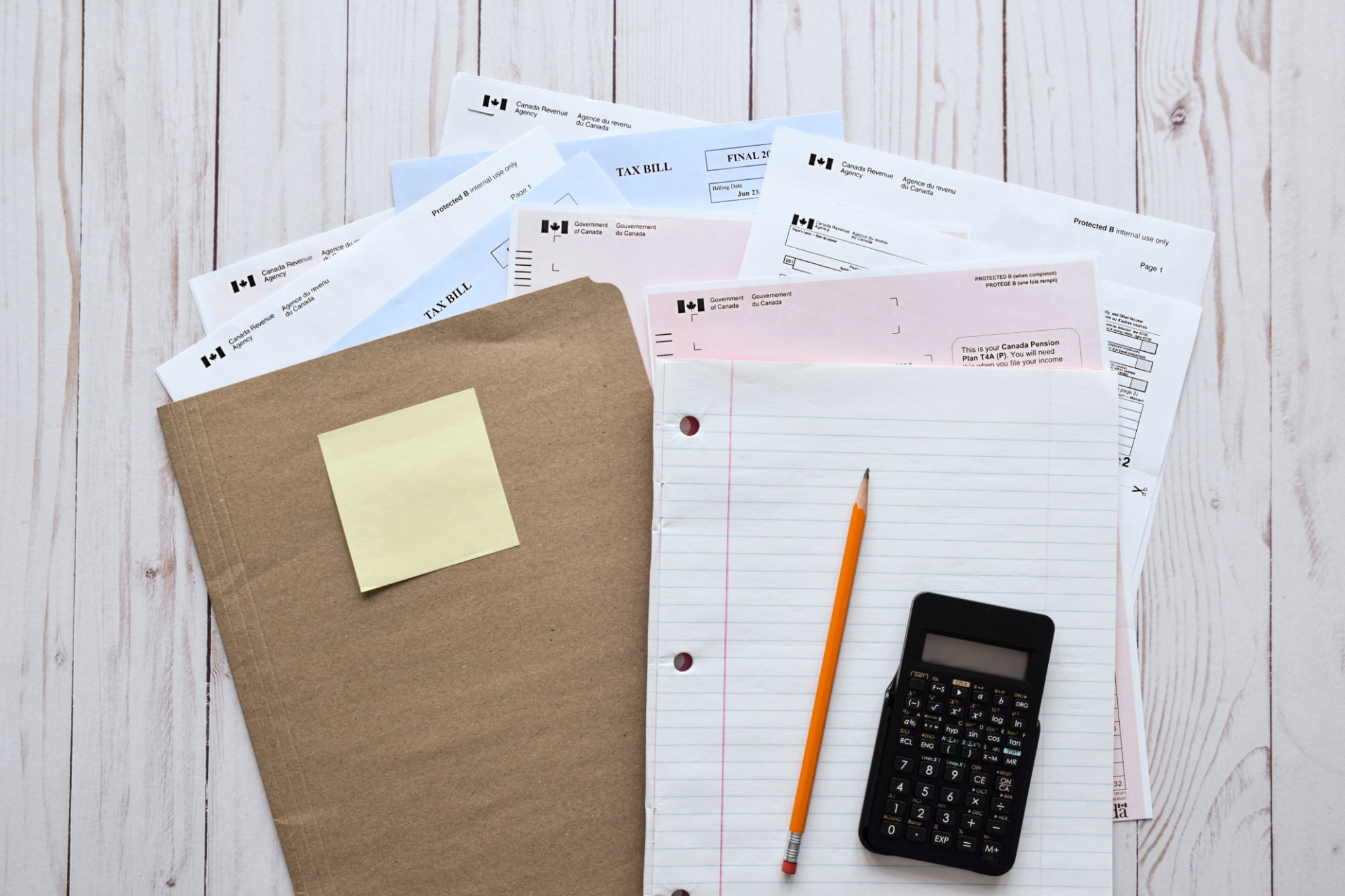Understanding Personal Tax Obligations in Thailand: A Comprehensive Guide
Introduction to Personal Tax in Thailand
Understanding personal tax obligations in Thailand can be quite complex, given the various laws and guidelines set by the Thai government. Whether you are a long-term resident or an expatriate planning to work in Thailand, it's essential to familiarize yourself with the country's tax system to ensure compliance and avoid penalties.
Thailand imposes taxes on both residents and non-residents. The primary tax in question is the personal income tax, which applies to income generated both within and outside Thailand. Knowing who qualifies as a resident and understanding the nuances of taxable income can help you navigate this intricate system effectively.

Who Needs to Pay Personal Taxes?
In Thailand, a person is considered a tax resident if they reside in the country for 180 days or more within a calendar year. Tax residents are taxed on both Thai and foreign-sourced income, while non-residents are only taxed on income earned within Thailand. It is crucial for expatriates and international workers to keep track of their residency status to determine their tax obligations accurately.
The Thai tax system categorizes income into eight distinct types, including employment income, business profits, investment returns, and more. Each category has specific rules and rates, which means taxpayers must be diligent in accounting for all forms of earnings.
Understanding Tax Rates and Deductions
Thailand employs a progressive tax rate system, which means that the rate increases as your income rises. The rates range from 0% to 35%, with different brackets applied to different levels of income. Understanding these brackets is vital for accurate tax planning and minimizing liabilities.
Moreover, Thailand offers several deductions and allowances that can significantly reduce your taxable income. These include personal allowances, spouse allowances, child allowances, and other specific deductions for education, insurance premiums, and mortgage interest payments. Being aware of these deductions can lead to substantial savings on your annual tax bill.

Filing Tax Returns
In Thailand, individuals must file their personal income tax returns by March 31st of the following year. The filing process can be done online through the Revenue Department's e-Filing system or by submitting a paper form at a local tax office. It’s important to keep detailed records of your income and expenses throughout the year to ensure accuracy when filing your returns.
Late filing or failure to file can result in penalties and interest charges. Therefore, it's advisable to plan ahead and seek professional advice if needed. Many expatriates choose to engage local tax consultants to navigate the complexities of the Thai tax system efficiently.
Tax Planning for Expatriates
For expatriates living in Thailand, effective tax planning is crucial. Understanding how international treaties affect your taxation status can help reduce double taxation. Thailand has agreements with several countries to prevent individuals from being taxed twice on the same income.

Additionally, expatriates should be aware of special incentives offered by the Thai government for foreign workers in specific industries. These incentives can provide significant tax benefits and are worth exploring for those who qualify.
Conclusion
Understanding personal tax obligations in Thailand requires a comprehensive approach due to the country's unique tax system. By familiarizing yourself with residency requirements, tax rates, deductions, and filing procedures, you can ensure compliance and optimize your financial position. Whether you're a local resident or an expatriate, staying informed about your tax responsibilities is essential for financial peace of mind in Thailand.
